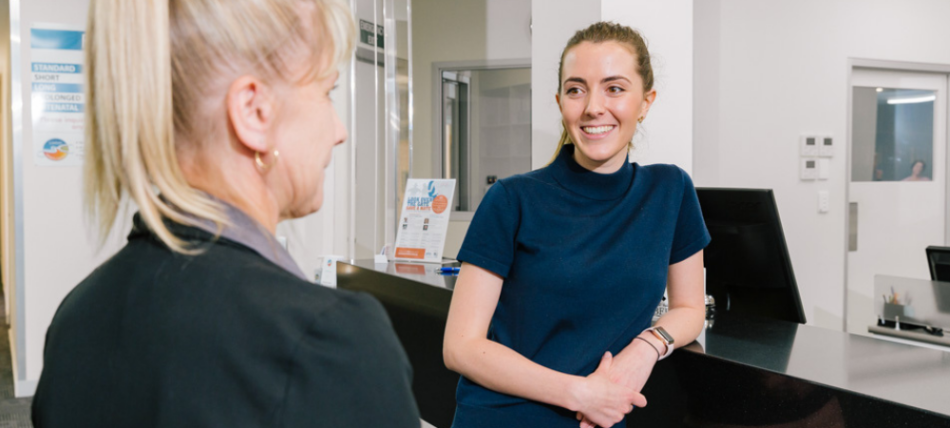5 Reasons why GP is the best medical specialty

1. It’s challenging!
Don’t let anyone tell you that general practice is easy or not challenging – in fact, it’s quite the opposite!
One of the reasons that GP is such a complex and challenging specialty is because you’re not just treating one part of the human body – you’re treating the whole person.
Seeing a range of patients and consults every day also means that you never know what is going to walk through your door!
“GP brings its own set of challenges that aren’t to be underestimated. It’s a different ball game to hospital medicine, and there’s more to it than you realise when you’re working in the hospital setting.” Dr Kim Omond (GP Registrar, RACGP)
2. It’s never boring!
The diversity of patients and cases is what makes GP so intellectually stimulating, but also what makes it interesting.
As a GP, you will treat all kinds of acute, complex and chronic medical conditions and all kinds of people – from babies, children and adolescents, to adults and the elderly.
No two days are ever the same!
“The biggest single myth about general practice is that it’s ‘boring medicine – scripts, referrals, coughs and colds.’ What is crazy about this is that the opposite is true – on an average day I will see between 20-30 patients with a mixture of mental health, skin, eye, cardiovascular, musculoskeletal, neurology, paediatrics, respiratory medicine, women’s health, men’s health and wound care conditions.” Dr Alex Main (FRACGP)
3. You can have a good work-life balance
General Practice is one of the few specialties that offers doctors a good work-life balance.
As a GP, you can have greater control over your working hours, arrange clinical hours to fit in with your personal commitments, and have more flexible working arrangements.
This makes GP a much more family-friendly specialty, and allows you time to spend with your family and friends, travel, or pursue any hobbies or special interests that you may have.
“It’s an extremely flexible job. I get to choose when I’m seeing patients, choose my work hours, and can rearrange my life around when needed a lot easier than in a bigger hospital environment.” Dr Sarah Nolan (FRACGP)
4. There are endless career opportunities
As a GP, your career is whatever you make it. You could be a generalist or proceduralist, work full-time or part-time, enjoy city or country life, or own or be a partner in a practice.
You can work anywhere in Australia, do after-hours or locum work, FIFO work, or non-clinical work (such as research and education).
You can also undertake additional training in procedural or non-procedural disciplines such as Anaesthetics, Emergency Medicine, Mental Health, Aboriginal Health and Obstetrics.
The opportunities are endless!
“My working week is extremely varied. Although I have most weekends off, and also take a day off during the week, I will usually be doing about 48 hours of on-call for the local hospital. I will consult in clinic, do some skin cancer medicine, visit the local nursing homes, do an outreach clinic, some emergency medicine, some elective anaesthesia, look after my hospital inpatients, do some teaching, and occasionally attend an emergency in the community.” Dr Geordie Beath (FRACGP + FARGP)
5. Building relationships with your patients
One of the most rewarding aspects of working as a GP is the relationships you build with your patients.
As a GP, you will get to know, and care for, generations of families. You will hear about new partners, 50th anniversaries, pregnancies, first days of school, break ups, exams, new jobs and many other highs and lows.
Building this kind of relationship with your patients is not only incredibly rewarding, but also incredibly beneficial – the more you get to know your patient, the better the care you are able to provide.
“I chose general practice because I love the continuity of care and diversity of practice. I believe it is the most rewarding career in medicine because you get to know your patient and their whole family really well.” Dr Cicy Li